Life as a left-wing Jew in a world filled with hate
The former editor of The Age Michael Gawenda has always come at life from the Left but he has also had to confront the hatred of his people.
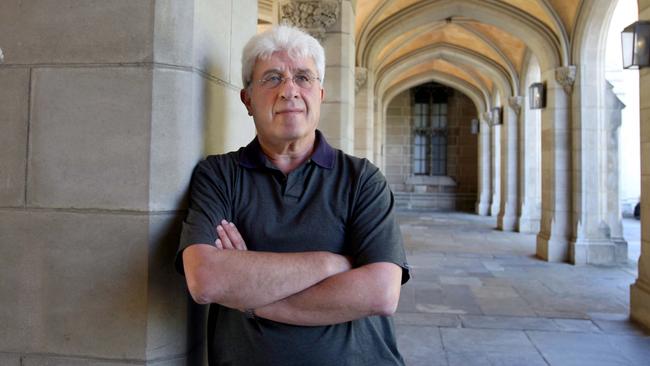
Former The Age editor Michael Gawenda’s memoir has been overtaken by events. So has an earlier version of this review: I’ve taken out the jokes because they don’t seem funny any more.
Perhaps they never were.
Gawenda’s My Life as a Jew belongs in the same sub-genre as British comedian David Baddiel’s popular polemic Jews Don’t Count. Both books explore the problems faced by left-wing Jews in a stridently anti-Zionist milieu.
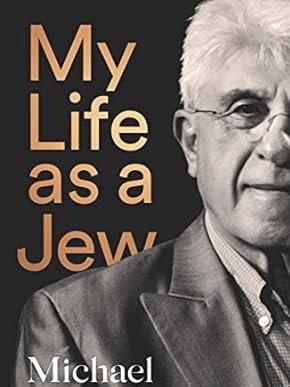
Baddiel and Gawenda are horrified at the growth of what they see as a broadening acceptance of the traditional tropes of genocidal anti-Semitism hiding behind a mask of radical anti-Zionism. They cite some of the same examples of international cultural Jew-bashing: from Whoopi Goldberg’s bizarre claim that the Holocaust “isn’t about race” to Alice Walker’s execrable blood-libel poetry accusing the Jews of ritual pedophilia and enslaving and murdering the goyim.
Gawenda, as a journalist, is particularly pained by the Palestinian poet Mohammed el-Kurd, who claims that Zionists harvest Palestinian organs to feed to Israeli soldiers.
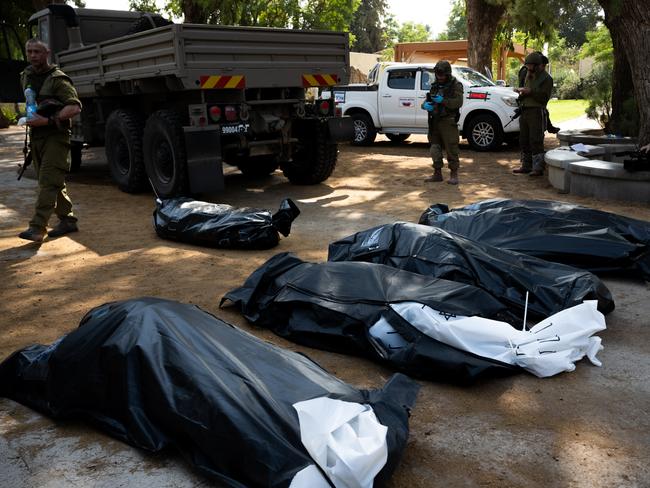
“This is a question of fact,” writes Gawenda. “Zionists either harvest the organs of Palestinians so that Israeli soldiers can feed on them, or they do not.
“If they do not – and neither El-Kurd nor those who have made similar accusations have ever come up with any evidence that Israelis eat Palestinian organs – then it’s not an opinion, but a lie. It is blatantly anti-Semitic, and an incitement to violence against Jews.”
Yet El-Kurd was invited to the Adelaide Festival’s Writers’ Week in 2023 by publisher Louise Adler, another child of Holocaust survivors, whose friendship with Gawenda ended because of what Gawenda regards as her reckless anti-Zionism.
Baddiel, whose big shtick is that Jews don’t count as a minority to be protected from hate, might have pointed out that it’s difficult to imagine an author being invited to a writers’ festival if they had suggested that Afro-Americans feast on the hearts of Iraqis, or Asians kill Afghans to stir-fry their kidneys.
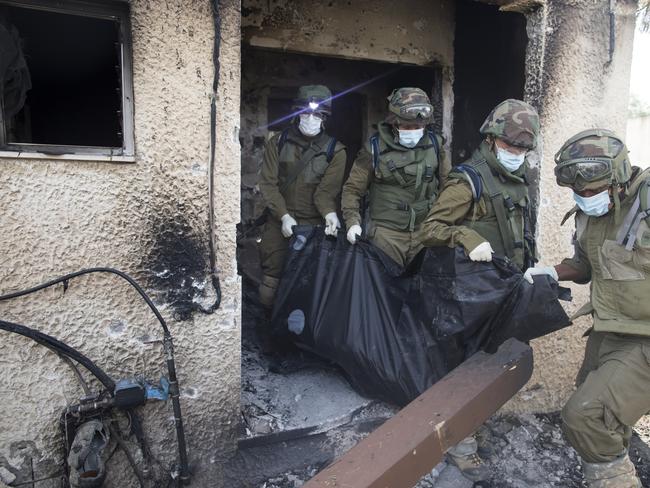
Gawenda is more concerned with the “de-Jewification” of the Holocaust – the idea that “a nazi-like genocide could have happened to anyone, and it was random bad luck that it happened to Jews” – the idea that Jews are forced to de-Jewify (that is, deny Israel) to be taken as kosher by the rest of the Left.
Gawenda, a child of Polish Holocaust survivors, grew up in Melbourne under the wing of the secular socialist anti-Zionist General Labour Bund.
He was raised with the knowledge that Jews were the victims of the worst crime in modern history, the Nazi murder of six million civilians. And that’s a fact, not an opinion – unless you’re a nazi and believe the Holocaust was a good thing (in which case, oddly, you pretend it never happened).
However, Gawenda writes, “I spent a lifetime determined not to be a Jewish journalist. I now think that was a mistake. It was as if I were hiding the fact that I was a Jew.”
My Life as a Jew includes accounts of Gawenda’s recent rift with Adler; his take on former foreign minister Bob Carr’s hubristic journey from founder of Labor Friends of Israel to patron of Labor Friends of Palestine; and Gawenda’s full account of The Age’s suppression of Michael Leunig’s cartoon comparing the Nazis’ treatment of Jews in the concentration camp at Auschwitz to the IDF’s treatment of Palestinians in the refugee camp at Jenin.
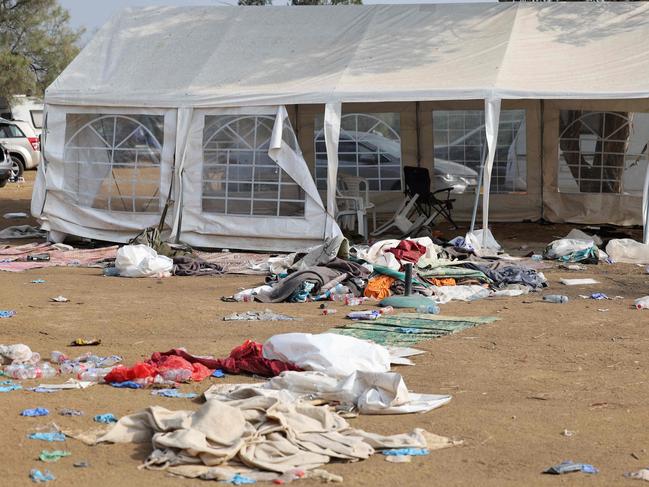
Gawenda writes he was brought up as a reporter to avoid “‘I’ journalism”, but the best and most moving sections of My Life as a Jew are his accounts of his family’s journey towards a different relationship with Jewish traditions. I was bemused to learn his children had formed a Yiddish folk band, the Bashevis Singers (“reclaiming Yiddish as a sacred language for Jews who are neither Hasidim nor secular, left-wing non-Zionists”); surprised they had set Gawenda’s poetry to music; and startled to play those songs on Spotify and discover them to be quite beautiful.
But there is also a kind of Jewish universalism to the memoir. What Gawenda describes as a journey from one point to another is, I suspect, experienced more as a barrage of contradictory ideas held simultaneously by many Jews who despise the current Israeli government, but would rather not see their relatives in Tel Aviv thrown into the sea.
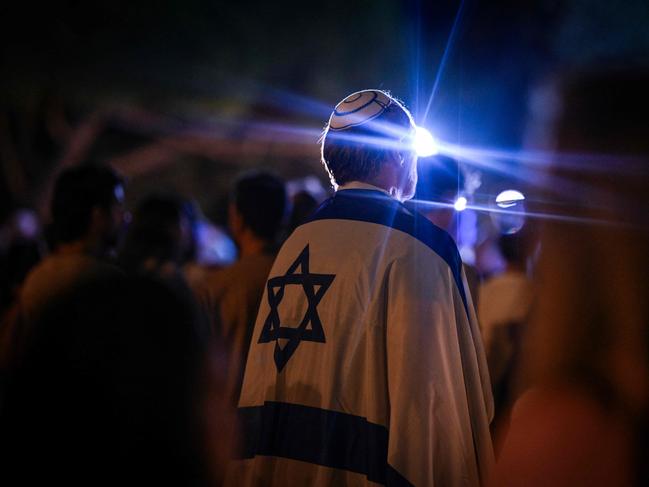
To Gawenda, people who call themselves anti-Zionists can only mean one thing: that they advocate the destruction of Israel and its replacement by a majority Palestinian state.
I may be wilfully naive, but I suspect that, at least until last week, many ordinary Leftists who identified as anti-Zionists actually meant they opposed Israeli military overreach and the settlements in the Occupied Territories. They didn’t necessarily want to throw the Jews into the sea, and possibly couldn’t have named that sea anyway.
But now we have all been overtaken by events. Nobody has any idea what will happen next. Only one thing is absolutely certain: nothing that is said by any Australian former foreign minister or drawn by any Australian cartoonist, or written by any Australian former newspaper editor or criticised by any Australian book reviewer, is going to make the slightest bit of difference.
Journalist and historian Mark Dapinis the author of Jewish Anzacs: Australian Jews and the Military.
My life as a Jew
By Michael Gawenda
Scribe Publications, nonfiction
288pp, $35



To join the conversation, please log in. Don't have an account? Register
Join the conversation, you are commenting as Logout